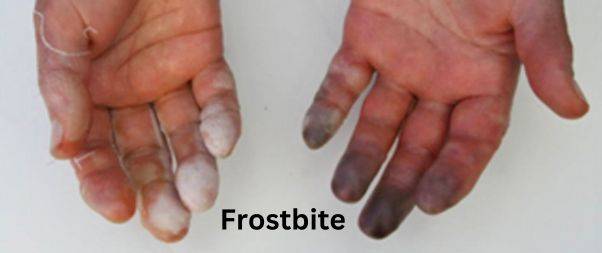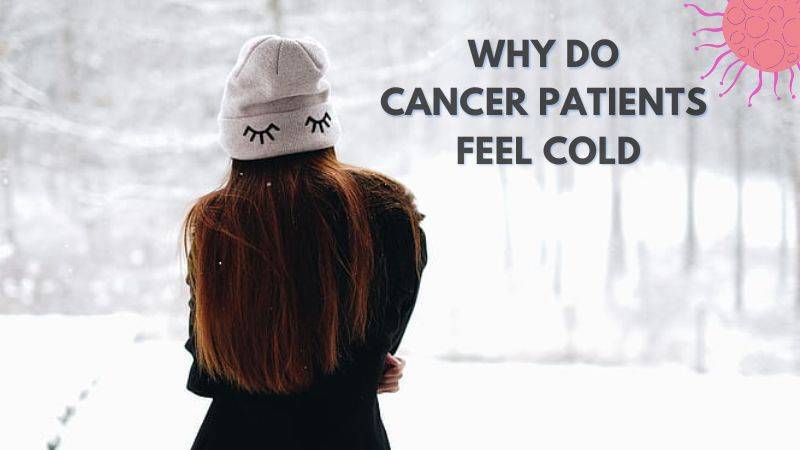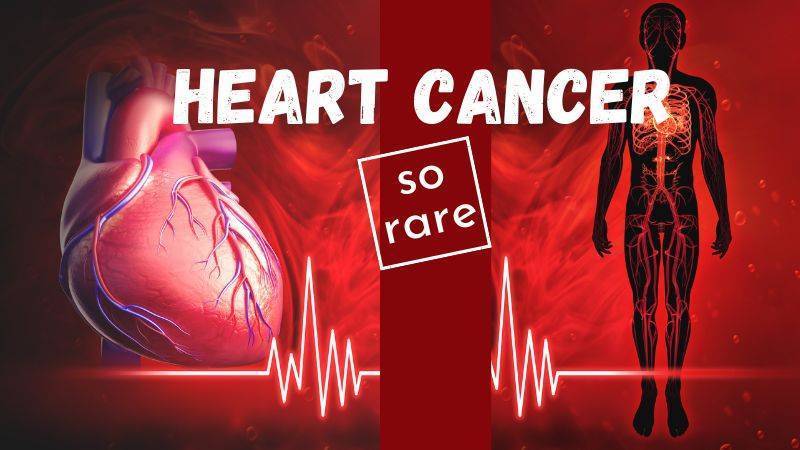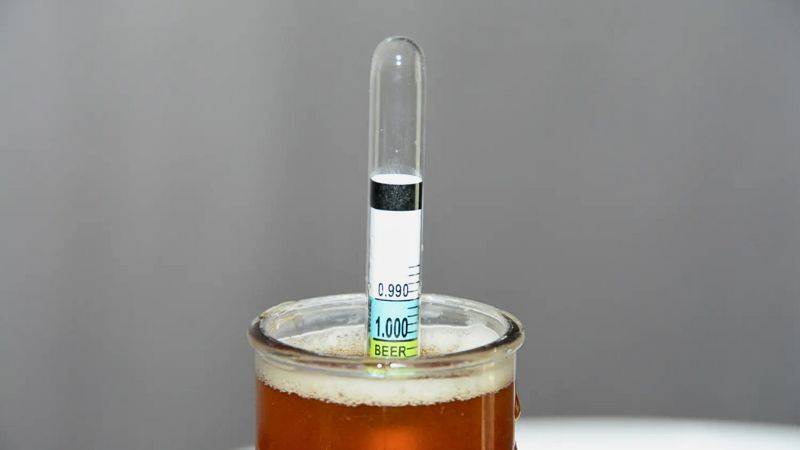For a Cancer Patient, Cold weather can bring additional challenges, but with a few precautions, you can stay safe and comfortable.
Be mindful of your weakened immune system. Temperature sensitivity is common among cancer patients, and cold weather can make you feel even colder than usual.
Reach out to your healthcare team if you have any concerns or questions regarding cold weather and its impact on your health.
Let’s delve into the depth of the matter why extra care is needed during winters for cancer patients:
Weakened Immune System
Cancer and its treatments, such as chemotherapy and radiation therapy, can weaken the immune system, making patients more susceptible to infections.
Cold weather brings an increased risk of respiratory infections, flu, and other illnesses. Cancer patients, already grappling with compromised immune systems, need to be especially cautious during this time.
It is advisable for them to avoid crowded places, practice good hand hygiene, and consider getting vaccinated against influenza and pneumonia to reduce the risk of cold-related infections.
Susceptible to Hypothermia

Cancer patients face an increased vulnerability to hypothermia, a condition characterized by the body losing heat faster than it can generate, resulting in dangerously low body temperature.
The side effects of cancer treatment, including fatigue, dehydration, and anemia, can further enhance this susceptibility, leading to rapid heat loss.
Temperature Sensitivity
Cancer and its treatments can heighten temperature sensitivity in patients. Cold weather intensifies this sensitivity, making patients feel colder than usual.
Layering clothing, wearing warm socks and gloves, and using blankets or heating pads can provide added comfort.
Ensuring a warm indoor environment can also help minimize the impact of cold weather on their well-being.
Frostbite is a Bigger Risk

Patients with cancer face an increased risk of frostbite, a condition that occurs when body tissues freeze due to exposure to extreme cold temperatures.
Certain cancer treatments can cause peripheral neuropathy, a condition characterized by numbness and reduced sensation in the extremities.
As a result, patients with peripheral neuropathy may be less aware of how cold their fingers and hands are in cold weather, making them more susceptible to frostbite.
Joint and Muscle Discomfort

Some cancer treatments can cause joint and muscle pain, which may be aggravated by cold weather. The drop in temperature can result in increased stiffness and discomfort.
Gentle exercises, stretching, warm compresses, and consulting with healthcare professionals for appropriate pain management strategies can help alleviate these symptoms.
Risk of Slips and Falls
Patients with blood cancers like leukemia may be at a higher risk of developing a condition known as thrombocytopenia, characterized by a lower-than-average platelet count in the blood.
In such cases, even a minor slip or fall can result in more severe bruising or bleeding than usual due to reduced clotting ability.
It is essential for individuals with thrombocytopenia to take extra precautions to minimize the risk of injuries from falls.
Emotional Well-being
The winter season can contribute to feelings of isolation and depression, which are already common among cancer patients.
Cold weather limits outdoor activities and social interactions, further exacerbating these emotional challenges. Patients should maintain social connections through virtual means, engage in indoor hobbies, and seek support from loved ones and support groups to combat feelings of confinement and promote emotional well-being.
Tips for Staying Safe in Winter

When it comes to protecting your health or that of a loved one during the winter season, here are some essential tips to keep in mind:
Stay indoors during freezing temperatures or when accompanied by rain or high winds. Minimize exposure to extreme weather conditions that can pose risks to your health.
Ensure walkways are clear of ice and snow to prevent slips and falls. Keep your surroundings safe and remove any potential hazards from your paths.
Dress in layers when venturing outside. Bundle up with warm clothing, including a hat that covers your ears, especially if you have experienced hair loss due to therapy. Wear heavy gloves, thick socks, and boots with good traction to avoid falls on slippery surfaces.
Take care of your skin. Cancer therapy can cause dryness, itchiness, and cracked skin, which can worsen in low humidity. Regularly use lip balm and moisturizers to keep your skin hydrated. Consider using a humidifier indoors to improve moisture levels.
Stay hydrated by drinking plenty of non-caffeinated liquids throughout the day. Adequate hydration is crucial for your overall well-being, especially during winter when the body may lose moisture more quickly.
Consider health tourism as an option if you prefer to avoid the risks associated with winter. Health tourism involves traveling to a popular tourist destination to receive therapeutic treatments. Locations with milder winter climates can provide a more pleasant environment for cancer patients seeking respite from harsh winter conditions.
Remember, winter won’t last forever, and each sunny day is worth celebrating.
By following these tips and taking necessary precautions, you can safeguard your health and enjoy the season while minimizing any potential risks.
Stay safe, stay warm, and make the most of the winter season!
Take Care of Yourself!
Also Read






